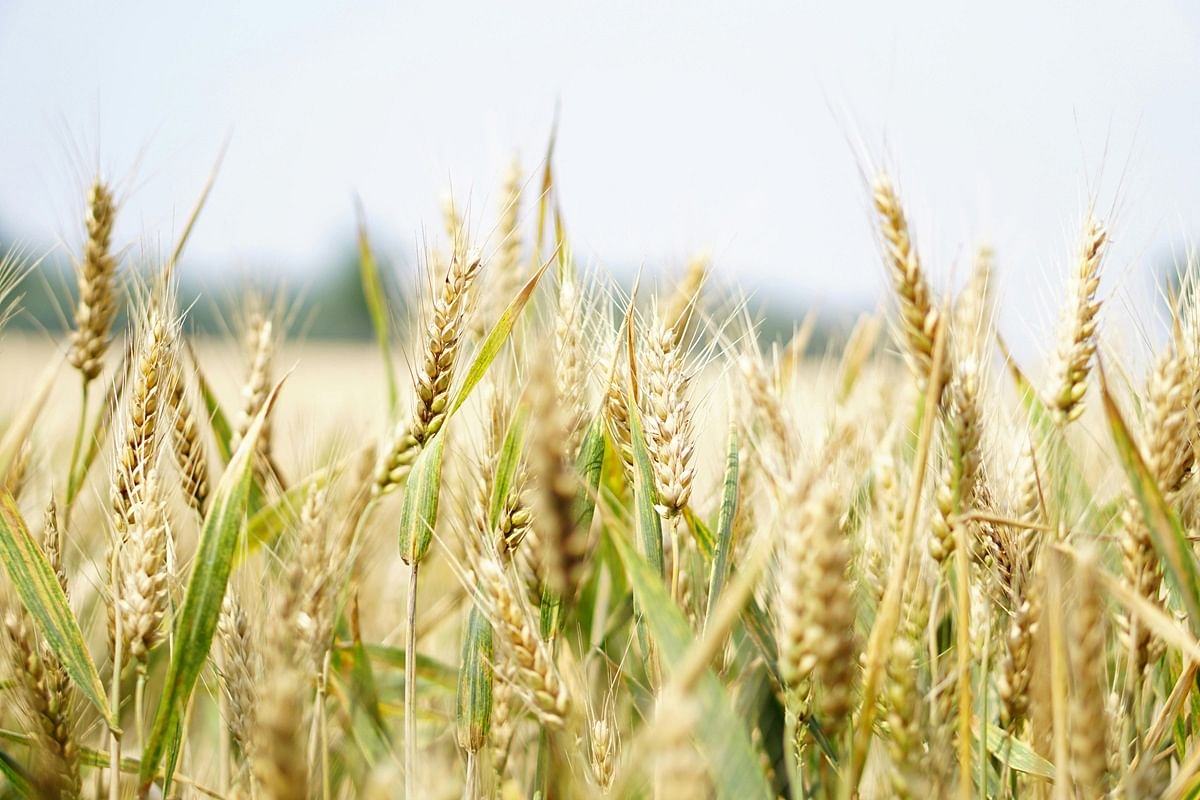
To strengthen food security measures and curb potential hoarding and speculative practices, the Government of India has issued a directive necessitating traders, wholesalers, retailers, big chain retailers, and processors across all states and union territories to declare their stock position of wheat. Effective from April 1, 2024, and subsequently every Friday until further notice, entities involved in wheat trade are mandated to disclose their stock status on the designated portal: https://evegoils.nic.in/wheat/login.html. It is incumbent upon all legal entities to ensure accurate and timely updates of their wheat inventory on the portal.
The necessity for wheat stock disclosure follows the expiration of the Wheat Stock Limit on March 31, 2024, applicable to all categories of entities operating within states and union territories. Consequently, entities are obliged to disclose their wheat stock details on the portal, complementing the existing rice stock declaration protocol already in place. Entities not yet registered on the portal are encouraged to promptly register and commence weekly disclosures of both wheat and rice stocks.
The Department of Food and Public Distribution assumes responsibility for vigilant monitoring of the wheat and rice stock positions to stabilize prices and facilitate unhindered availability nationwide. By enforcing transparency measures through mandatory stock declarations, the government aims to foster a fair and efficient market environment while safeguarding the nation's food security objectives.
The move underscores the government's commitment to ensuring an equitable distribution of essential commodities and preventing any attempts at market manipulation or artificial scarcity. By leveraging technology and imposing regulatory oversight, authorities seek to mitigate supply chain disruptions and uphold consumer interests.
As stakeholders adapt to the new compliance requirements, sustained cooperation between the government and the private sector is pivotal in realizing the overarching goal of a resilient and inclusive food security framework.










